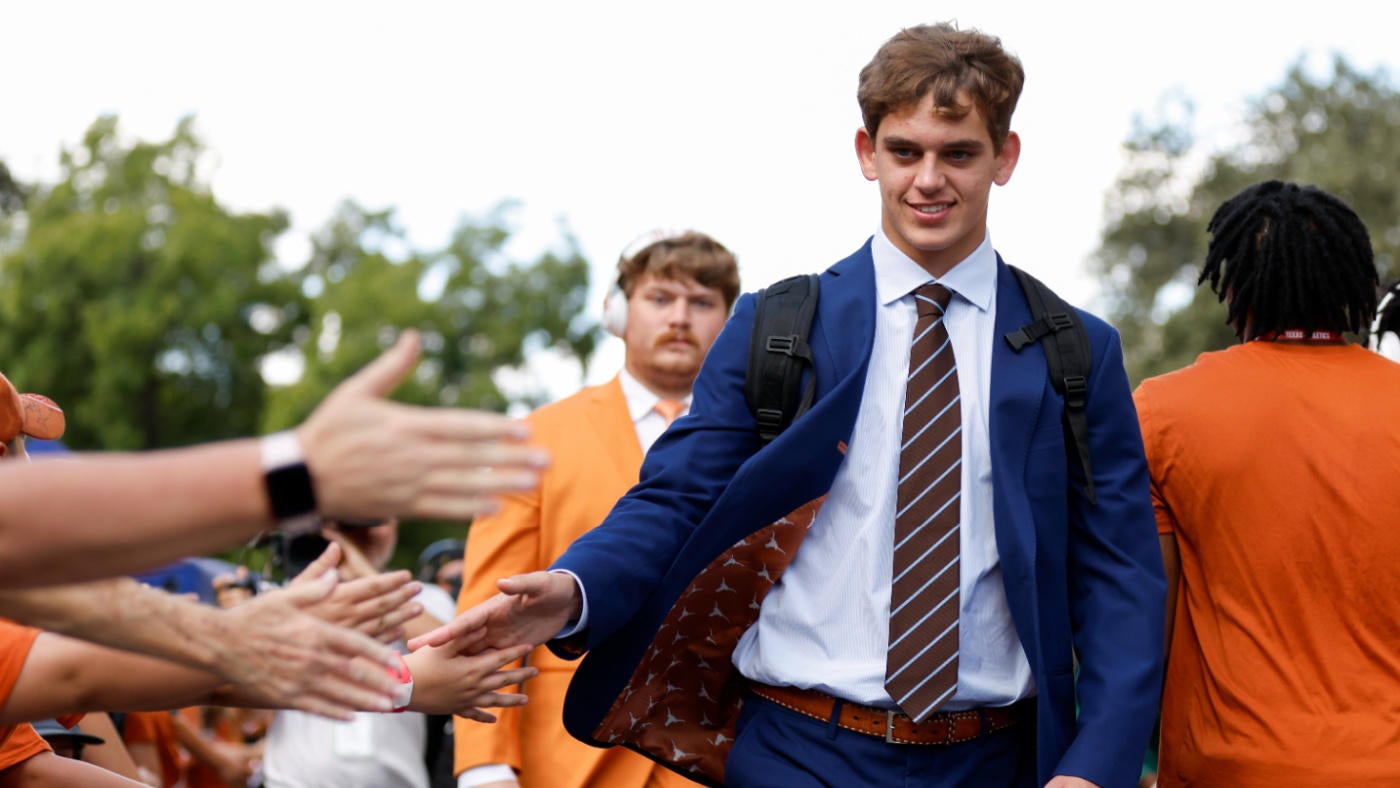As the US presidential elections rapidly approach and the world bids farewell to the Biden administration, how far have US-India relations travelled over the last four years and where might they go next? This is the big-picture question that Ashley J. Tellis, one of the world’s foremost authorities on the US-India ties, addressed in the season premiere of Grand Tamasha, a weekly podcast on Indian politics and policy co-produced by HT and the Carnegie Endowment for International Peace. In the episode, which aired last week, Tellis assessed the Biden administration’s handling of the explosive “murder-for-hire plot”, the unfinished business of the US-India civil nuclear deal, and how the outcome of the US election might shape the trajectory of bilateral ties.
Tellis, who holds the Tata Chair for Strategic Affairs at the Carnegie Endowment for International Peace, admitted that many in New Delhi were initially skeptical of the Biden administration. “The suspicion about the Biden administration at the start, at least on the Indian end, was partly motivated by the prejudice that Democratic administrations have not been as favorable to India in the way their Republican counterparts have been,” said Tellis. “But, to be fair, there was another element which contributed to that perception and that was President Biden himself making clear that his presidency would be marked by an effort to rebuild democracy because democracy was under threat by authoritarian regimes.

In fact, he argued democracy versus autocracy was the axial struggle of our times.” But, Tellis noted, that framework was quickly discarded by the Biden White House. “The administration recognised fairly quickly that the democracy versus autocracy framing was not adequate to deal with the challenges the United States faced in the world,” he recounted.
“And once they embraced the idea that US-China confrontation was going to be the axial geopolitical dimension, their attitude to India really took on a very different coloration. India was seen in more realist terms, as a partner of the United States in this competition with China.” That is not to say there have not been bumps along the way in the bilateral relationship, but Tellis noted that the two sides have handled them skillfully.
For instance, after initial Western consternation about India’s position on the Russian invasion of Ukraine, the West has come to better understand India’s point of view. “I must say India has managed to walk this tightrope between its friends in the West, especially the United States, and Russia quite well,” said Tellis. “As long as Washington is prepared to give India a long rope, I see India’s current strategy as pretty much staying on course.
” Host Milan Vaishnav asked Tellis about his much discussed May 2023 Foreign Affairs essay titled, “India’s Bad Bet on India,” in which he cautioned that Washington should not expect New Delhi to take part in any military contingency between the United States and China over the status of Taiwan. Reflecting on the piece more than one year later, Tellis noted, “I think there is a very clear understanding of New Delhi’s view that while China remains the most potent security threat facing India, India is still relatively weaker than China and India is physically too close to China for comfort.” Tellis said this means that India simply does not have the luxury of entangling itself in crises that do not directly implicate or impact upon its interests.
“More and more Indians are willing to acknowledge that, short of a direct Chinese threat to India, India is unlikely to get entangled in fights that China may have” with others, Tellis remarked..



















